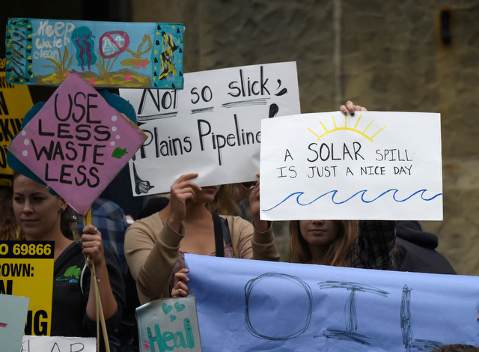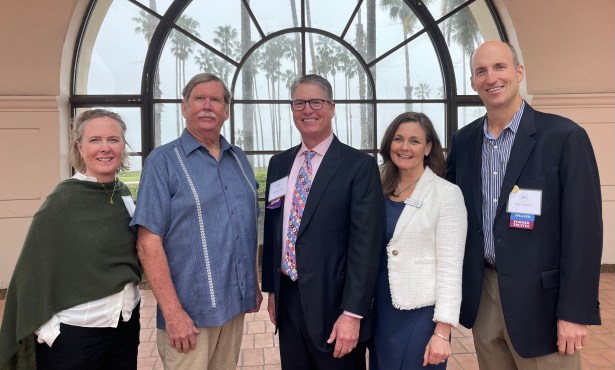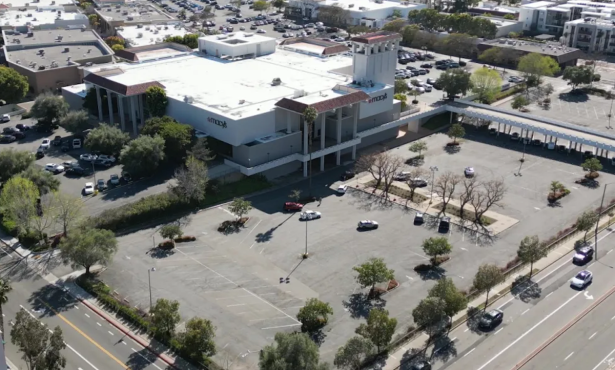Neither Hypocrites nor Anti-Oil
Fossil Fuel Development Restrictions Are for Safety

Those who fight for restrictions on oil development are often accused of hypocrisy because they drive cars that use oil both in their manufacture and as fuel to get around. No one is ready to say that we can be oil independent yet, but that does not mean that we cannot move in that direction and advocate for alternative energy sources, conservation, and support for transportation and goods that use less oil.
Among concerns about the use of fossil fuels are firstly greenhouse gas emissions and global warming, followed by pollution of the soil, water, and air; and, bringing it close to home, the marine environment. Of course safety is a primary issue. As we recently learned, there is no totally safe way to move oil around. Even pipelines, thought to be the most reliable, have recently failed us spectacularly. And there are plenty of recent examples of derailed oil cars and overturned oil trucks and explosive fires.
The oil industry is very resistant to federal, state, and local regulation. But it is not hypocrisy to advocate for stringent safety requirements, and monitoring and inspection of its operations. The impacts of oil production are pervasive — locally, nationally, and globally.
In Goleta, Platform Holly, offshore, is producing oil that comes by pipeline into the Ellwood Onshore Facility (EOF). Here it is processed and then sent by Pipeline 96 to the Plains Pipeline 901 just west of Las Flores Canyon. Until 2012, the oil was piped to storage tanks on Ellwood Mesa and then pumped every 10 days to a barge offshore, the Jovalon. This single-hulled barge was then pulled on a100-foot line either north to San Francisco or south to Long Beach. Clearly, this was an accident waiting to happen. Advocacy by the City of Goleta and local environmental groups such as the Environmental Defense Center (EDC) to the State Lands Commission led to new regulations requiring Venoco to use a double-hulled barge. Having difficulty locating such a barge, Venoco opted to build an on-land pipeline from the EOF to the Plains Pipeline 901 west of Las Flores Canyon. This advocacy was not hypocrisy but a concern for safety and the environment.
Now Venoco is proposing “full field” development from Platform Holly, i.e., slant drilling into new oil fields to the east of the current field. This oil would go into the EOF, and the question for Goleta is whether oil from this extended field is a “new use.” The EOF is a nonconforming facility grandfathered into an area zoned for recreation, and legally no new use should be permitted there. The City of Goleta is working to set an end date to all industrial operations at the site. Councilmember Michael Bennett has expressed the wish, shared I am sure by many Goletans, that he would like to see his grandchildren play here. It may be more likely for his great-grandchildren at this point! But the city should not have to wait 20 years or more to recapture this incredible shoreline area for community recreation. Would allowing this oil to go to the EOF extend the life of this facility?
Another Venoco facility in Goleta is Pier 421, the last remaining oil pier in the Coastal Zone in California. It has been inactive since 1998, but Venoco wishes to restart it and send its oil to the EOF. This would also be adding a new use — namely processing Pier 421 oil — which cannot be automatically allowed at the EOF. In the past, oil from the pier went by a separate pipeline to the Ellwood Marine Terminal, then to be transported by the Jovalon barge. This is no longer possible, leaving the possibility of processing on the pier — a very undesirable outcome — or sending the oil to the EOF. After a number of hearings, the State Lands Commission, which has jurisdiction over operations in the tidal zone, ruled in Venoco’s favor to allow the company to restart pumping at the pier and send the oil to the EOF. This would require a city permit, and Goleta has brought suit against the State Lands Commission seeking a reversal of this decision.
In addition, we are facing the prospect of mile-long trains of oil cars passing through the South Coast on the way to the Santa Maria Refinery in San Luis Obispo if a connecting railroad spur is approved. The potential for a massive explosion is very real.
Forestalled for the moment, thanks to county staff, is ExxonMobil’s request for a permit for up to eight trucks of oil per hour, 24 hours a day, in place of the currently unusable Plains pipeline.
Oil has brought us many benefits and has underwritten our way of life in the 21st century. But it needs to be controlled and restrained, and we need to seek environmentally friendly alternatives to many of its uses. This is not anti-oil or anti-business. It is a realistic approach to a vulnerable planet and a livable future for our great-grandchildren.



